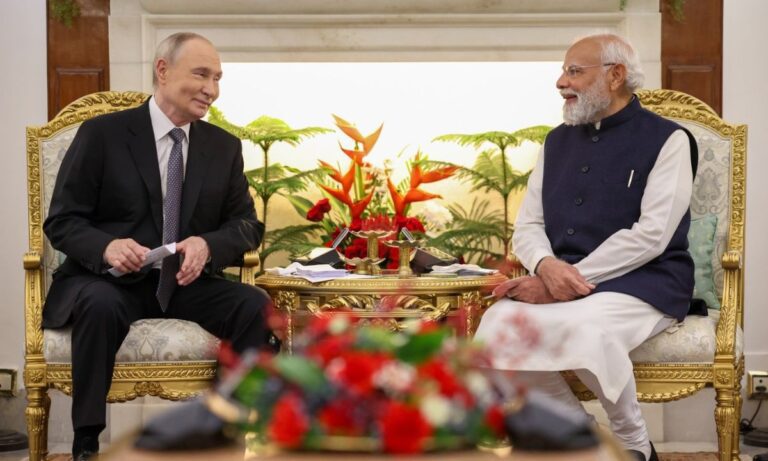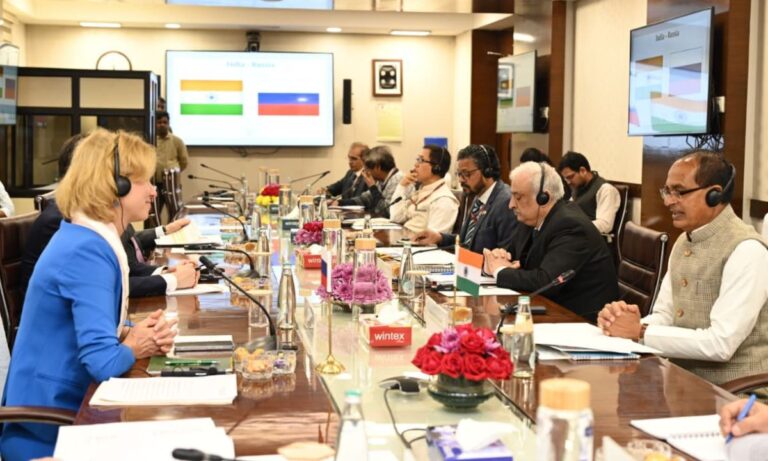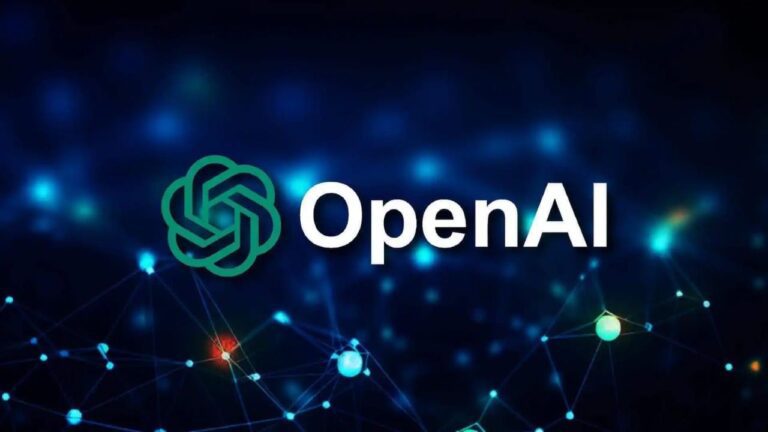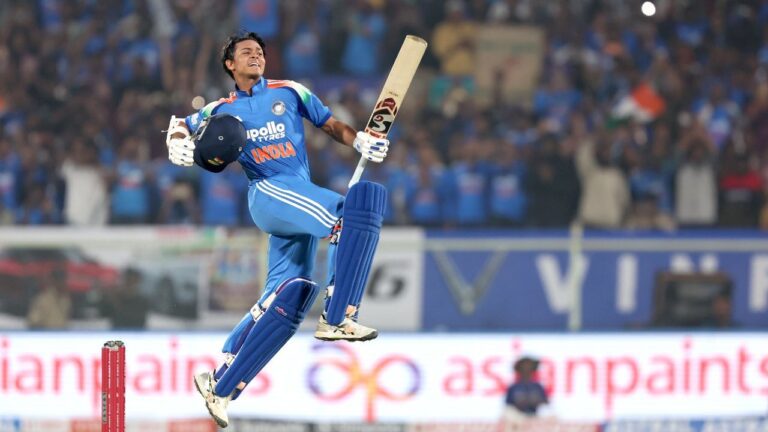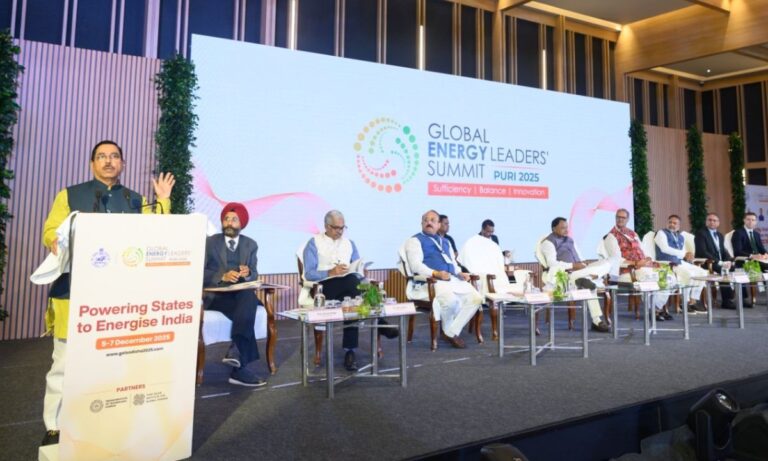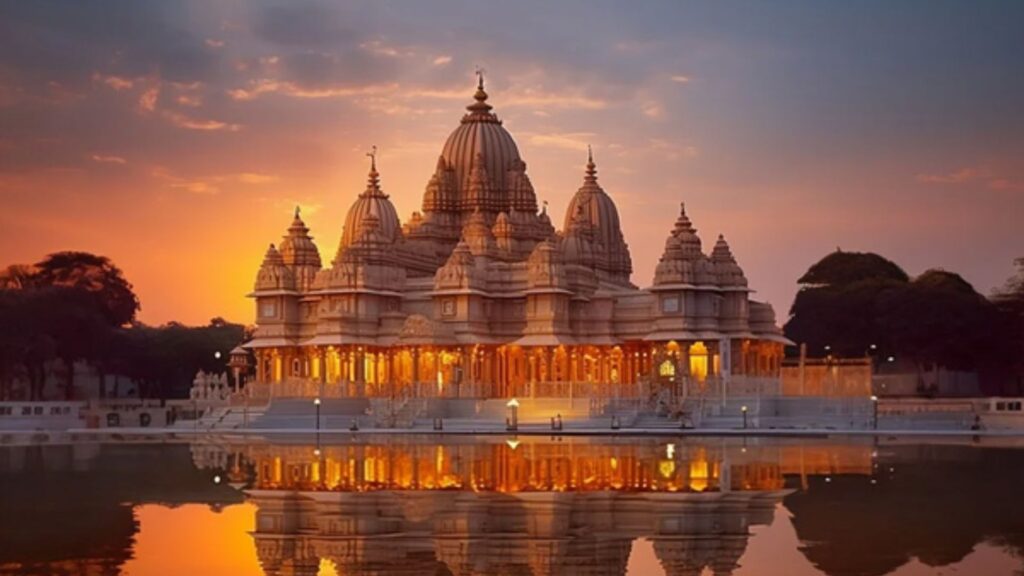
Temples in India should be managed according to scriptural guidelines and traditional customs, rather than through state-controlled mechanisms, asserted Mahant Avdhesh Das of Bada Bhaktmal, Ayodhya, during a discussion held at the Indira Gandhi National Centre for the Arts (IGNCA).
His comments came during the second day of the ongoing three-day cultural event, Ayodhya Parv, in a session titled ‘Temple Management in Indian Society’. The Mahant emphasized the need for temple administration to remain faithful to age-old religious practices, stating, “Religion may shape politics, but politics should not be allowed to dictate or redefine religion.”
Supporting this viewpoint, noted historian and cultural scholar Bharat Gupta highlighted that temples function most effectively when managed by those within the tradition, rather than by external government-appointed bodies. He pointed out that it was a welcome step that a non-governmental trust had been created to oversee the Ram Janmabhoomi temple, in contrast to many other significant temples in India that still operate under direct state oversight.
The IGNCA later released an official statement summarizing the remarks made during the session, emphasizing the growing discourse on restoring autonomy to temple institutions.
Later in the day, the focus of the event shifted to the cultural legacy of Goswami Tulsidas, in a reflective session titled ‘Contribution of Goswami Tulsidas in the Innovation of Indian Culture’. Esteemed participants included Mahant Mithilesh Nandini Sharan of Hanuman Niwas, Ayodhya; Delhi University professor Chandan Chaubey; renowned art and theatre critic Jyotish Joshi; author Umesh Prasad Singh; and IGNCA’s Dean (Academic), Professor Pratapanand Jha.
The Ayodhya Parv continues to offer a platform for rich discussions on the intersection of tradition, religion, and Indian culture, drawing voices from spiritual, academic, and artistic communities.
